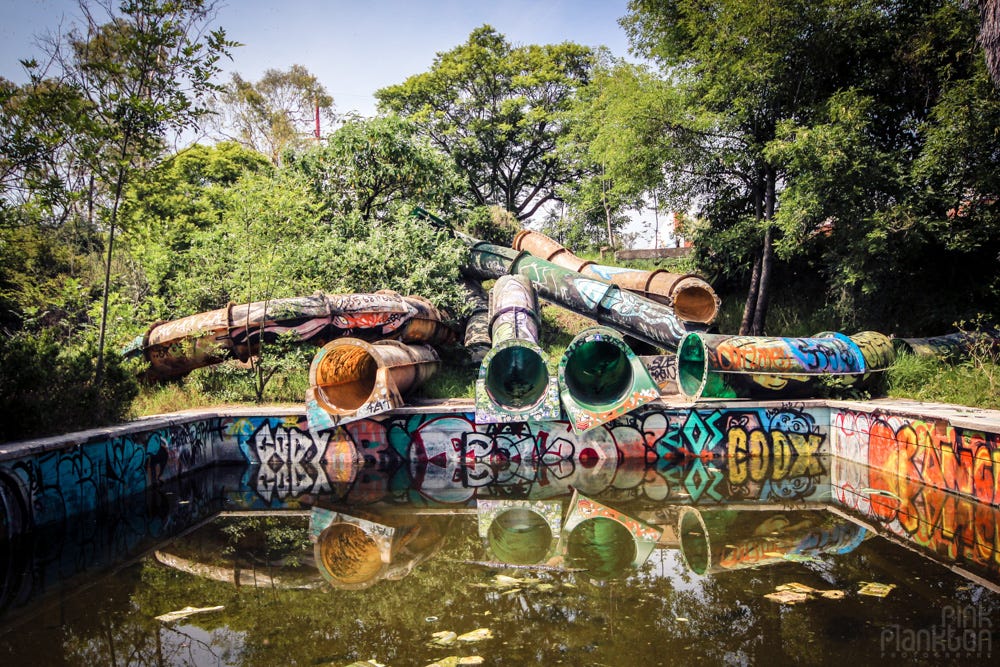Literary Style as Smelling Salts.
This isn’t a universal goal of effective literature, but here’s one way to look at it:
The goal is to dislodge automatic thinking. The habit, the auto-pilot, small talk, banter, routine, rut.
High quality writing should go down smooth then hit a hard stop on a detail placed very deliberately by the author. A detail that you can’t help but think through all the way to its end if you want to keep on reading and you will want to keep on reading because the writing that comes before and after that hard stop is too compelling not to.
That’s good writing. The friction part is hardest element to pull off of course, because ideally it should hurt a little bit. Like smelling salts it should make your eyes water and cause you to cough some.
If you haven’t set the table correctly, there’s a risk that people will leave the moment they sniff an inkling of hard work and won’t come back to finish off the rest of the meal you’ve made them.
When everything else we consume has a cream and sugar base, it’s too easy to reach for the easy.
Is it even worth the effort then?
Yes.
Bear in mind, writers with ambitions to write at this level aren’t dancing for an entirely hostile audience: many people are crying out for something to shake them awake these days.
That’s why meditating has become so popular in recent years. The distraction of our day to day has become so all consuming that we’re now getting distracted from the distraction and finding ourselves thrown into pockets of involuntary attention—usually at about 4 am— where we realise, “shit, the texture of this thought doesn’t look anything like the rest of my life!”
When this A.D.D reality of notifications and snap cuts is the place where we live most of our lives, extended stretches of focussed attention become the novelty item.
But don’t assume the insidious distraction loop will let go of you that easily. A few years back my meditation app made a point to remove its streak feature, i.e. how many days in a row have you mediated, because the creator recognised that that gamifying tendency is just another habit formed in the spirit of optimisation. Distraction hides under every leaf.
So escape is futile. Unless effective literature can step in to save the day.
The way to stop this rock from rolling down the cliffside isn’t to eradicate our consumption of daily feeds filled with marketing propaganda. You’ll never be able to pick up every leaf.
It’s about utilizing all of those tools that allow for the seamless intake experience: it’s about becoming a master of the shaved down edges, creating work that is free of resistance, optimize your SEO, word association, recognition, familiarity, pre-approved by the culture, signal that you are the reader’s type of person, that you “get it.” Do all the things the soul sucking salesmen are doing but do it better than they do it. Use the superior bait that is your writing skill to hook the reader on your line rather than all those LinkedIn flavoured worms being trawled through the waterways, then drop that reader right into a net of existential reckoning.
Forgive me for the mixed metaphors I’m piling up here, but to achieve this, you need to turn your readers into guests at a theme park enjoying the most thrilling waterslide of their life. Get them laughing. Blend authority and safety so they’re content to give in to this ride you’ve built, content to close their eyes and allow the combo of water and gravity to take them where it will. Fast. Slow. Twist. Dip. Then include a narrow section that lodges them halfway down the slide. Hold them there in this blacked out section of the piping while hurtling bodies collide with them from upstream. Leave them helpless to move until the blockage has cleared. Until the heavy thought you placed in front of them has been considered in full (yes this is still a writing metaphor) No you don’t get to enjoy the rest of this incredible water slide until you’ve let this reality in. Breath in the claustrophobia for a stretched moment. I’m sorry but more bodies are going to keep building up behind you until you’ve mulled over this nuanced take on life, death and existence itself. Chlorine is going to sting your eyes and the lukewarm water is going to start feeling really chilly if you don’t give yourself over fully to this difficult literary insight. Only once this true thought has really broken through to your psyche—once it’s integrated sufficiently to come back and visit you later on in the week, perhaps in a year’s time—that’s when the resistance will be removed and those trapped theme park guests that are reader’s mind can be let free to fly down the twists and turns of your perfectly constructed waterslide.
Once that’s over, be to sure to make that final leg of the slide more thrilling than anything they’ve encountered before, so when they climb back to the top and they’re looking down which slide they’ll choose next, they’ll see yours and even with the memory of that uncomfortable middle section revisiting them like a nightmare, they’ll climb back in for a second round. Because to them it will all have been worth it.
Sorry for putting you through that.
As I said, this is just one way to look at effective literature.
If you REALLY enjoyed this, feel free to leave me a tip here.





